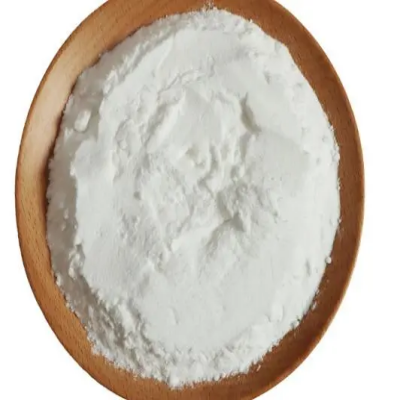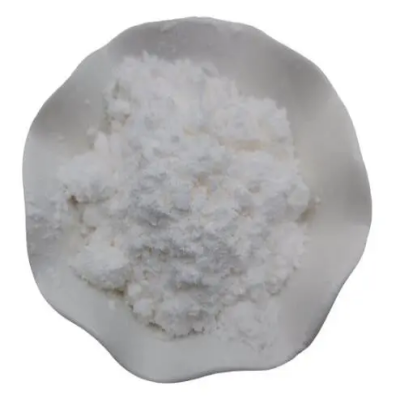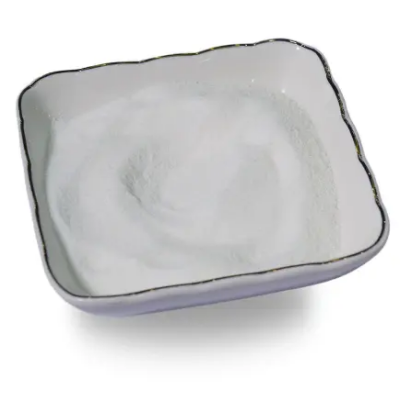2-Ethyl-4-methyl thiazole CAS:15679-12-6
2-Ethyl-4-methylthiazole (C₇H₉N₃S) is a five-membered heterocyclic compound distinguished by its thiazole ring, which includes both nitrogen and sulfur atoms. The unique arrangement of substituents—specifically, an ethyl group at the second position and a methyl group at the fourth position—gives rise to specific chemical and sensory properties that make this compound particularly noteworthy. One of its most appealing attributes is its complex aroma profile, often described as nutty, roasted, or savory, which has garnered interest within the food and fragrance industries. In the realm of food science, 2-ethyl-4-methylthiazole is increasingly recognized for its potential as a flavoring agent. Its robust and appealing scent can enhance the taste profiles of various food products, including snacks, sauces, and processed foods. As consumer demand shifts towards more natural and sophisticated flavors, incorporating such compounds allows manufacturers to create unique culinary experiences that resonate with modern preferences. This trend aligns with the growing emphasis on enhancing product quality through innovative flavor formulations. Beyond its applications in flavoring, preliminary research suggests that 2-ethyl-4-methylthiazole may exhibit biological activities that warrant further investigation. Compounds within the thiazole family are known for their diverse pharmacological properties, including antimicrobial and antifungal effects. Exploring these potential health benefits could lead to the development of new therapeutic agents or natural additives with functional advantages in food preservation or health supplementation. The synthesis of 2-ethyl-4-methylthiazole typically involves standard organic chemistry methods, utilizing readily available precursors. Current research efforts are focused on refining these synthetic pathways to improve yields and reduce the environmental footprint associated with production. As sustainability becomes paramount in chemical manufacturing, optimizing processes for compounds like 2-ethyl-4-methylthiazole is essential for maintaining competitiveness and compliance with regulatory standards. Understanding how 2-ethyl-4-methylthiazole behaves under different conditions is crucial for maximizing its applications. Factors such as temperature, pH, and exposure to light can significantly influence its stability and efficacy. Ongoing studies are necessary to establish guidelines for its use in food products and fragrances, ensuring safety and performance are maintained throughout the product lifecycle. In conclusion, 2-ethyl-4-methylthiazole represents a multifaceted compound with significant implications in food flavoring and potential health benefits. Continued exploration of its synthesis, aromatic properties, and biological activities is likely to unlock further opportunities for its utilization across various sectors. As consumers increasingly seek innovative flavors and effective health solutions, compounds like 2-ethyl-4-methylthiazole are well-positioned to contribute to advancements in culinary arts and pharmaceuticals, enriching consumer choices and experiences.



| Composition | C6H9NS |
| Assay | 99% |
| Appearance | white powder |
| CAS No. | 15679-12-6 |
| Packing | Small and bulk |
| Shelf Life | 2 years |
| Storage | Store in cool and dry area |
| Certification | ISO. |






![(4S)-3-[5- (4-Fluorophenyl)-1,5-dioxopenyl]-4-phenyl-2-oxazolidinone CAS:189028-93-1](https://cdn.globalso.com/xindaobiotech/10WCKQ6EGR3DADJD9G131.png)


